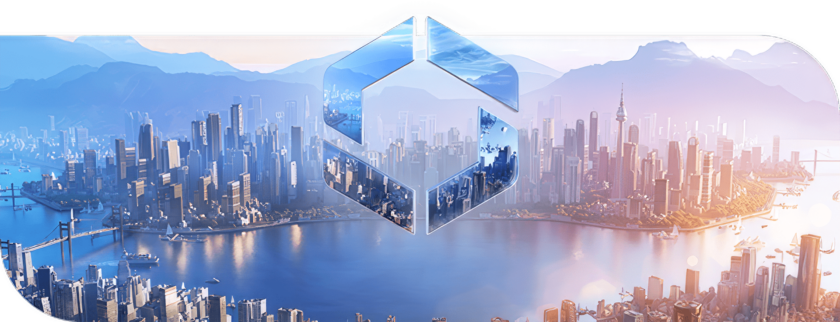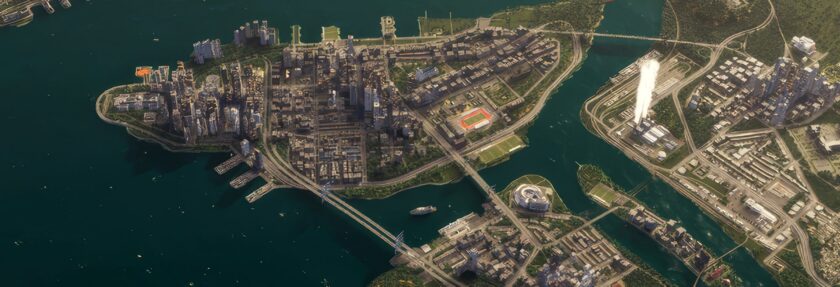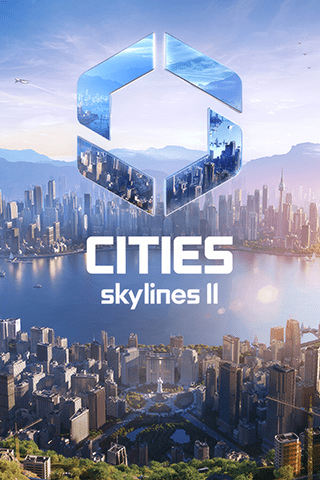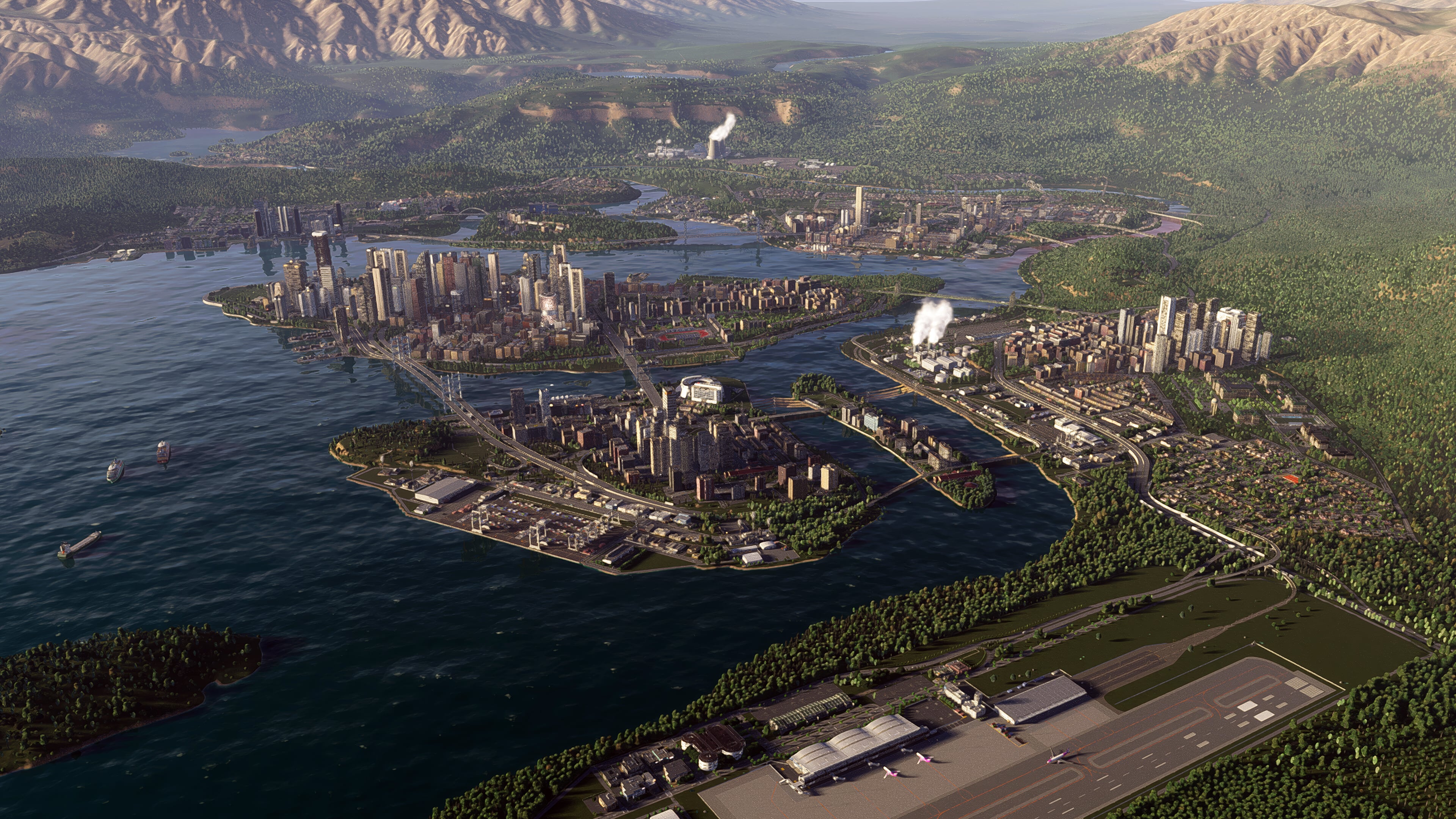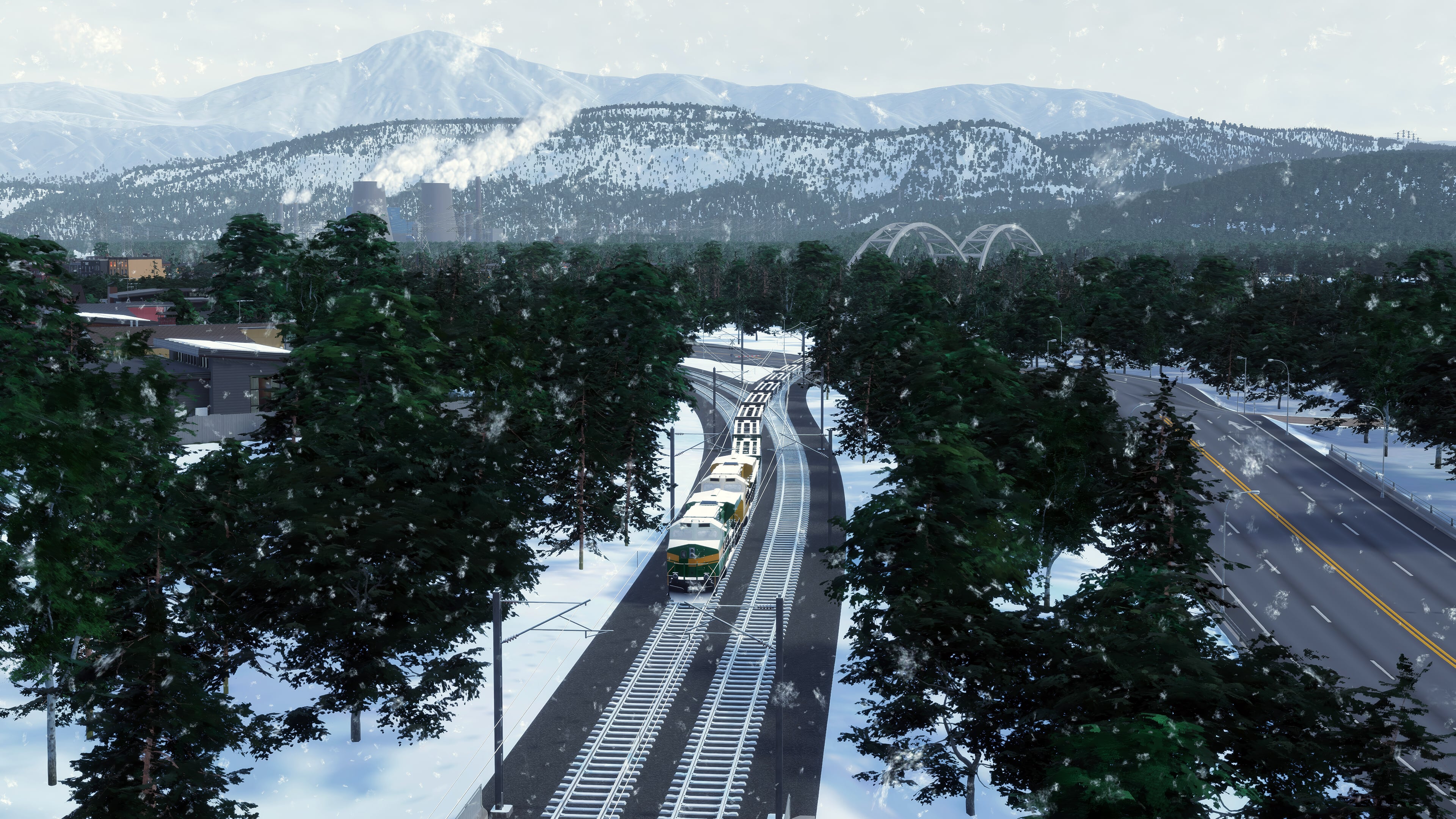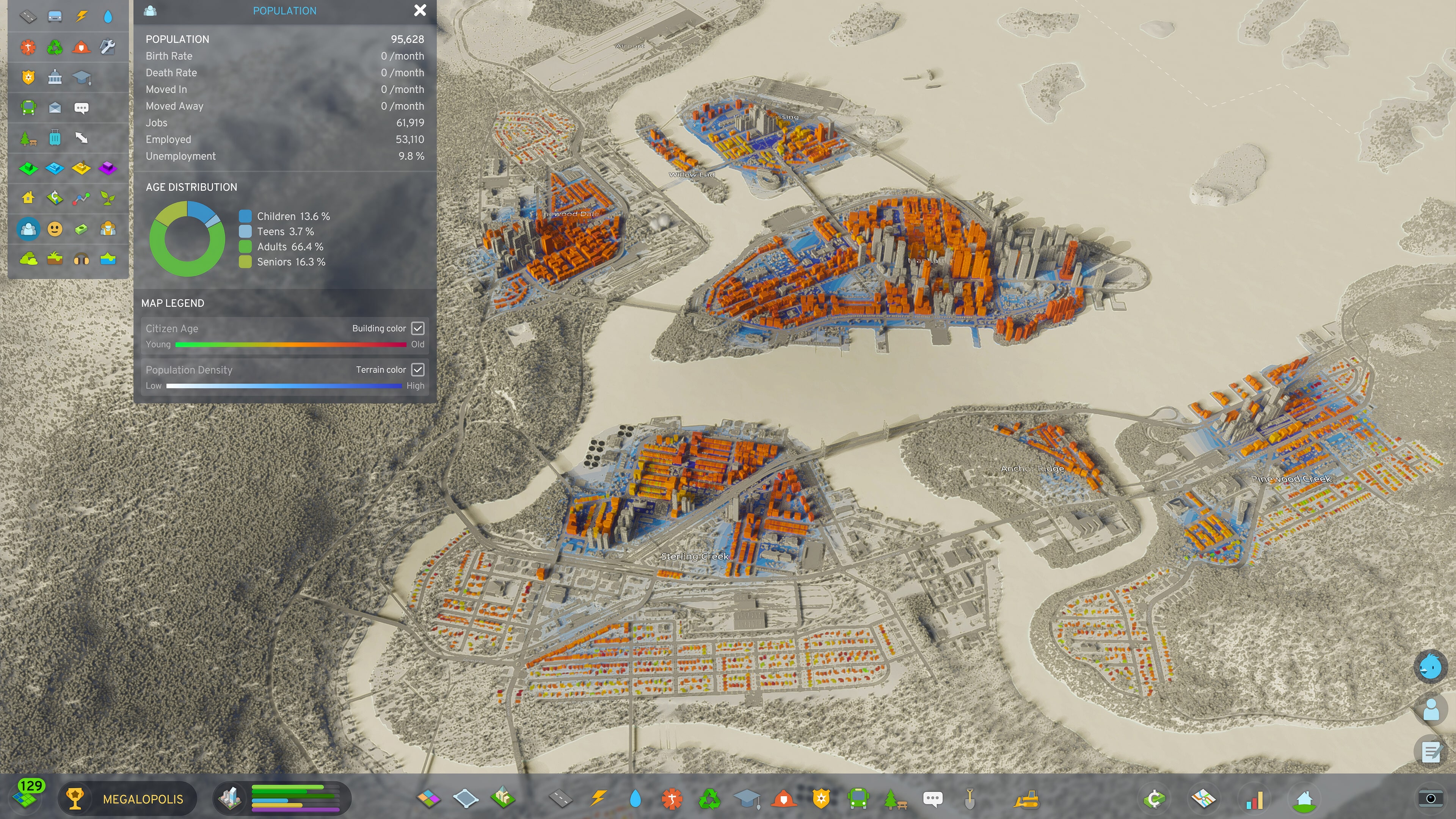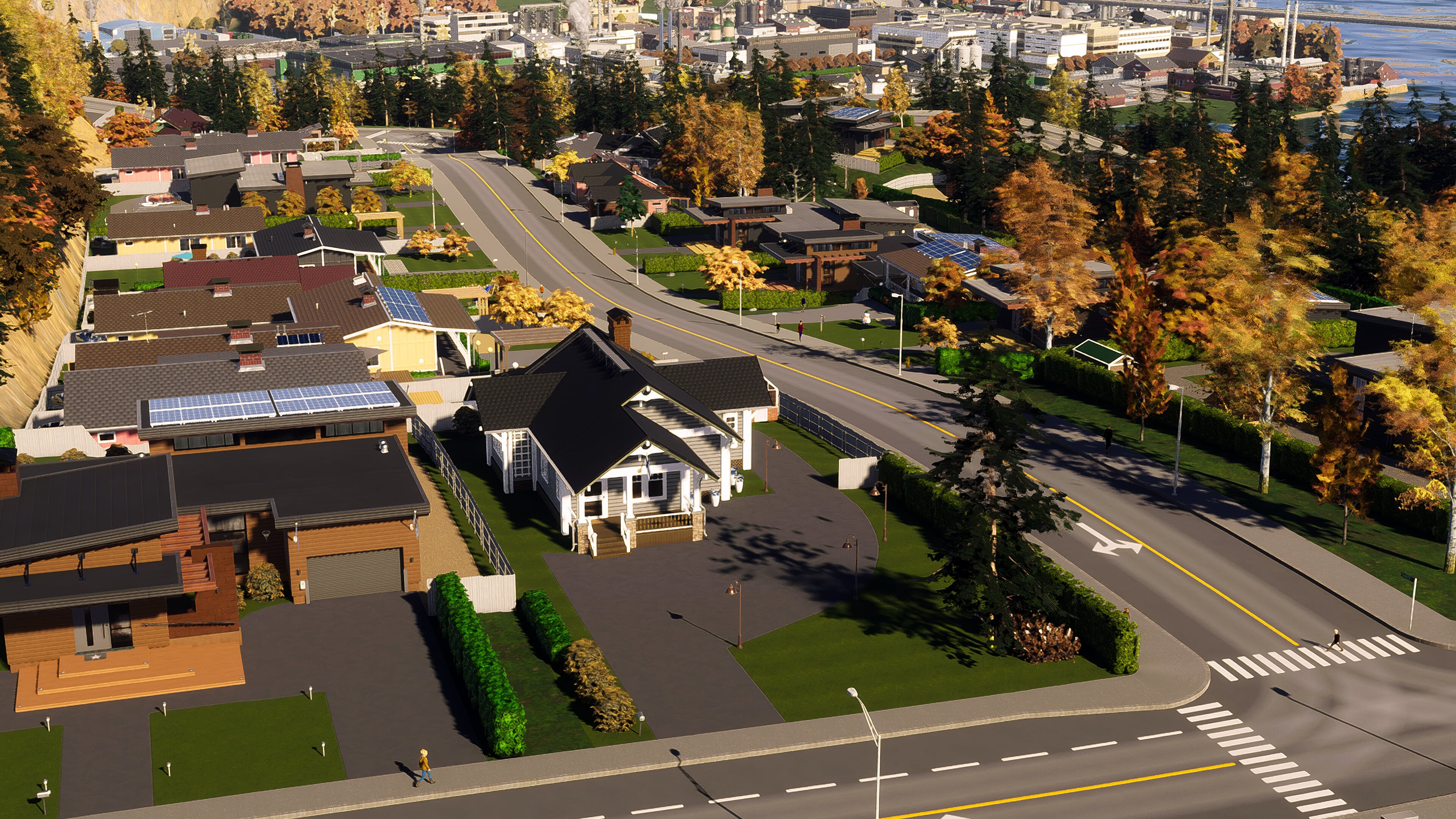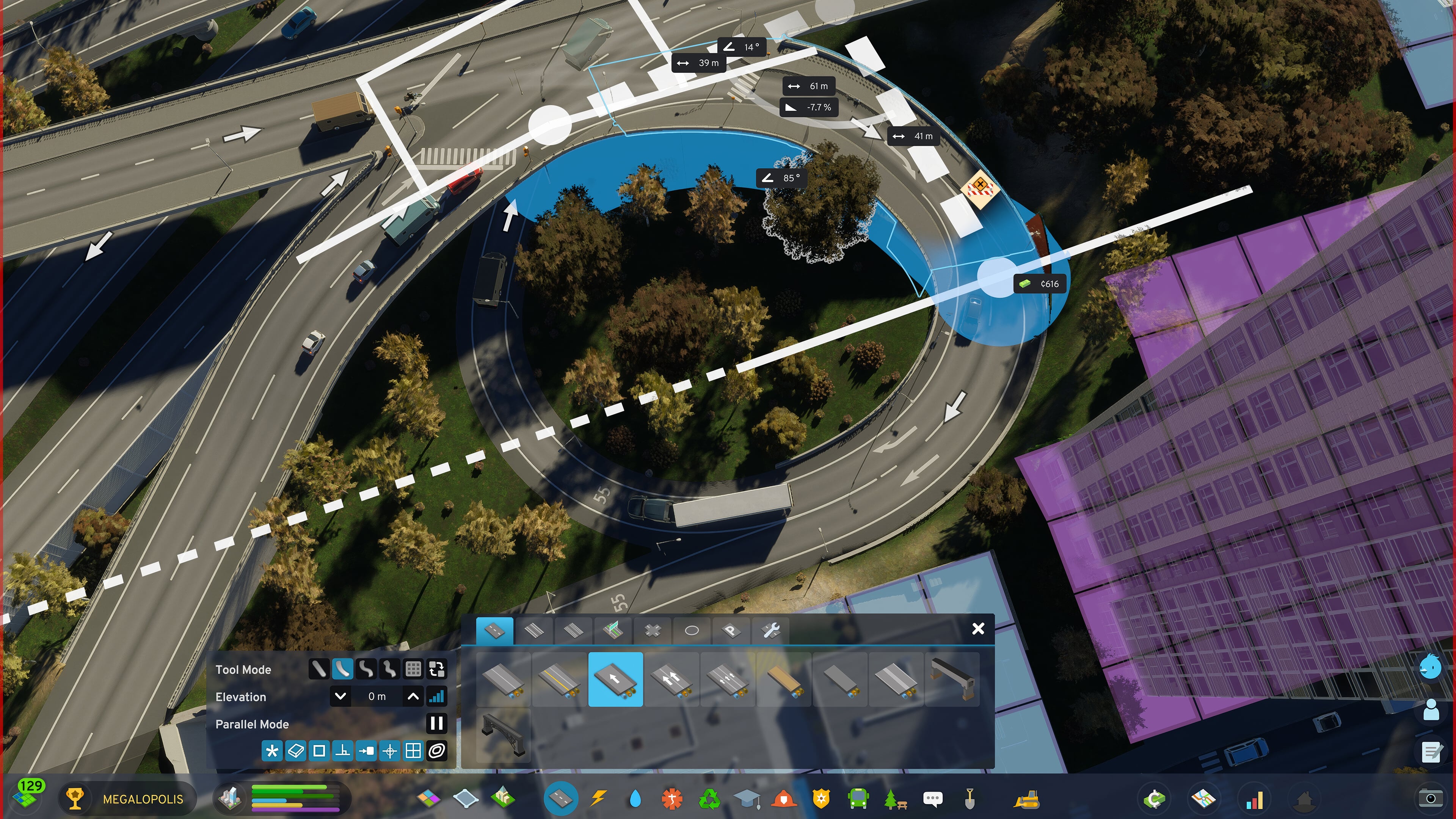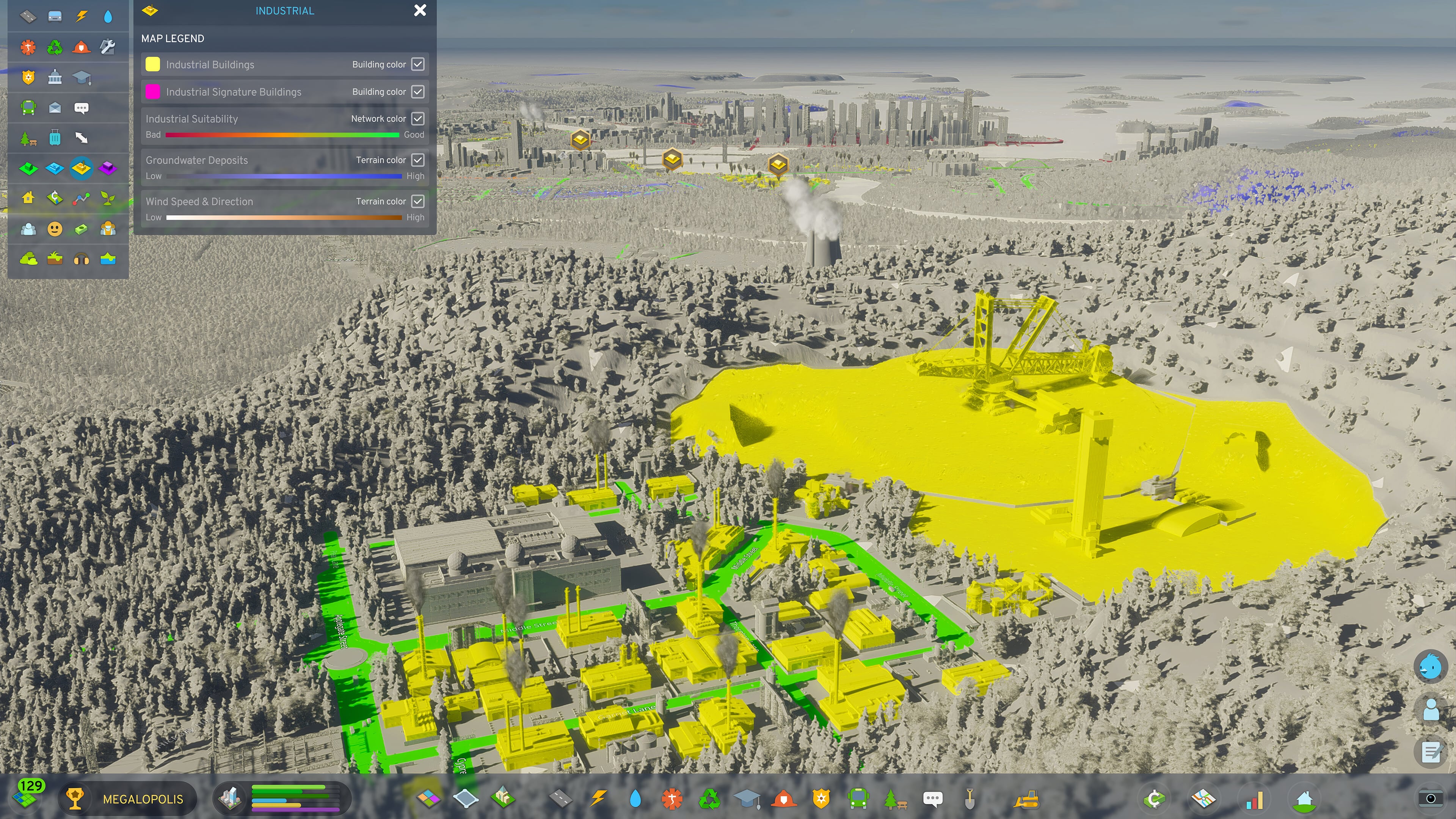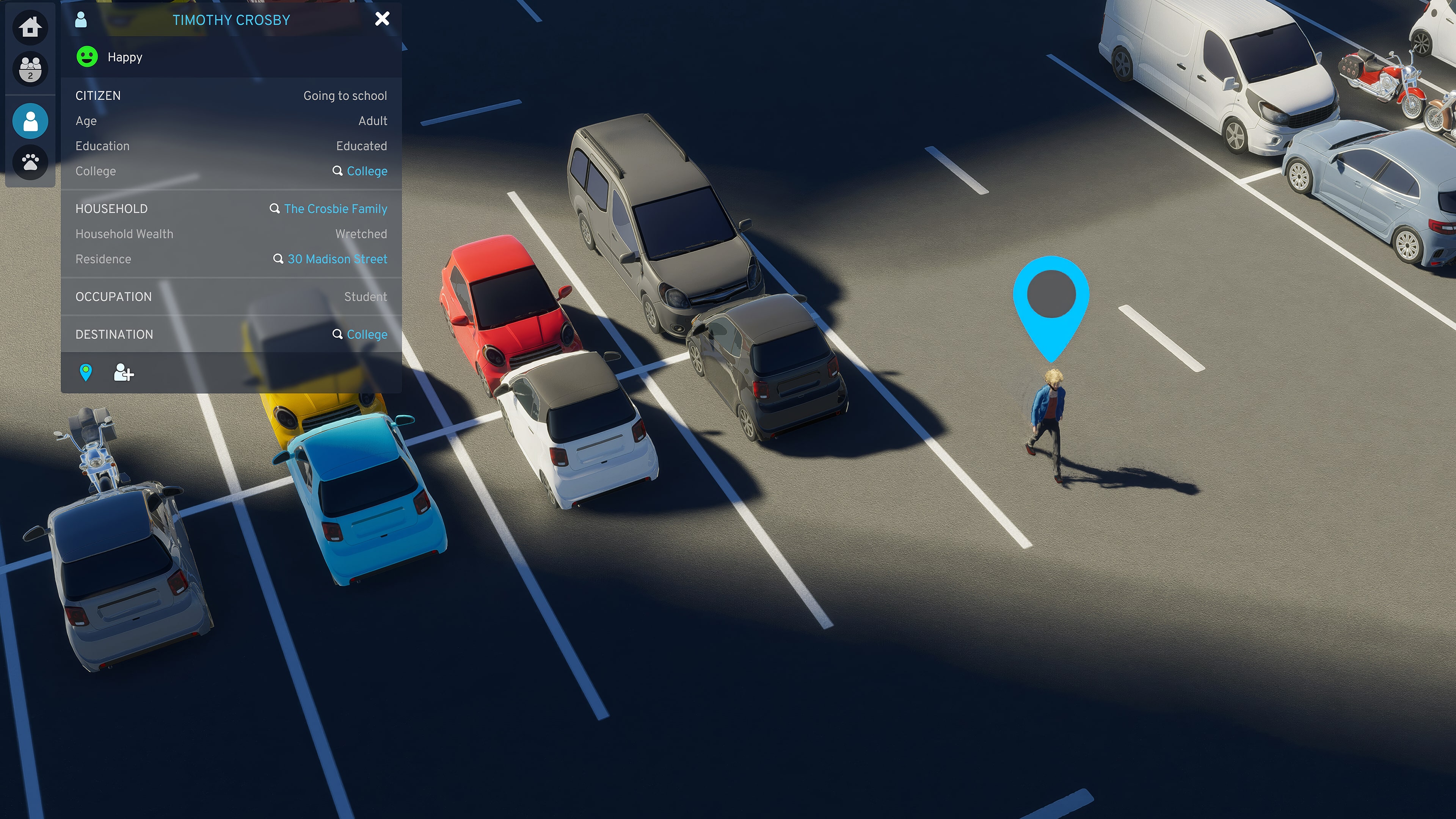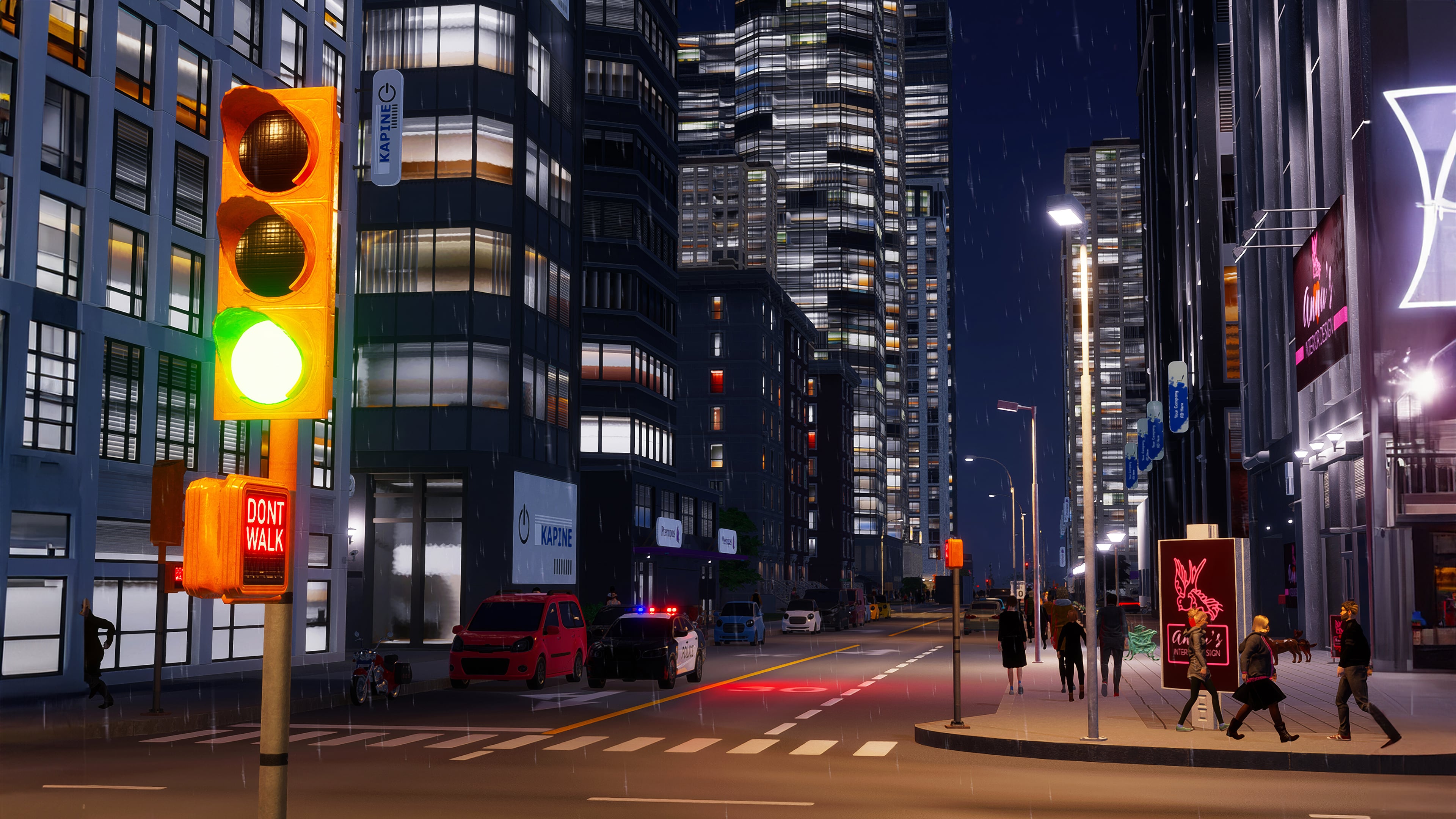Release date: October 23, 2023
Genre: Urban Simulator, Construction, Sandbox
Developer: Colossal Order Ltd.
Publisher: Paradox Interactive
Platform: PC (Windows)
Interface Language: English, Russian, French, Italian, German, Japanese, Korean, Polish, Simplified Chinese, Portuguese, Traditional Chinese, Spanish
Multiplayer: None
Included add-ons: Bridges & Ports (expansion), Cold Wave Channel, Creator Pack: Leisure Venues, Creator Pack: Mediterranean Heritage, Creator Pack: Dragon Gate, Feelgood Funk Radio, Jade Road Radio, Atmocultural Piano Channel, Creator Pack: Modern Architecture, Creator Pack: Urban Promenades, Soft Rock Radio, Deluxe Relax Station
Version: 1.3.6f1 (October 29, 2025)
Description: In Cities Skylines 2 players get the opportunity to realize their dream of creating the perfect city. Starting with a blank slate, you will have to raise a metropolis from scratch, turning it into a thriving center with a booming economy and a vibrant infrastructure. This game is the most realistic city building simulator to date, offering players a deep simulation system and an economic model where every decision you make matters. Unleash your creativity and problem-solving skills by building on a scale you’ve never experienced before.
- Realistic graphics: Detailed visuals, from road signs to majestic skyscrapers, give the impression of a living and breathing city.
- In-depth terrain editor: Tools allow you to create unique landscapes from scratch, while requiring players to take into account realistic physics of the elements, including water behavior and terrain features.
- Advanced Planning: A comprehensive approach to infrastructure and economic management, allowing you to influence every aspect of city life, from traffic flow to ecology.
- Leisure Management: Create a variety of recreational areas and cultural facilities to enrich the lives of residents.
- Dynamic city change: Seasonal changes, day and night shifts, and unpredictable events require the player to be prepared to make quick decisions and adapt.
Interesting fact: On the web there are complaints about performance degradation due to the drawing of characters’ teeth. The developers made a statement that the rendering of teeth does not affect the stability of the game. However, the performance problem is relatively fixed, everything is playable.
In Cities Skylines II, players start with a blank slate, gradually transforming an undeveloped area into a densely populated city. Every decision made during the construction process affects the development of the city and the well-being of its inhabitants. You will have to:
- Build and develop infrastructure: Create roads, transportation systems and infrastructure necessary for the daily life of the townspeople.
- Manage the economy and environment: Stimulate local industries and commerce to strengthen the economy, and monitor the environment to ensure that the city remains healthy and attractive to residents.
- Solve strategic problems: Every decision you make will have an impact on the city’s future. From successfully locating residential neighborhoods to providing recreational activities and meeting the needs of citizens, it’s all in your hands.
- Adapt to change: The city has a life of its own, and you’ll have to react to many unexpected events, from natural disasters to economic crises.
Every element in Cities Skylines 2 has been carefully crafted to provide players with the most realistic and immersive city-building experience possible. Create, manage and develop the city of your dreams while taking into account the many variables that make each game unique.
Reviews
Cities: Skylines 2 presents a mix of excitement and disappointment, offering new complexities and features while also revealing shortcomings and performance issues. The game, significantly different for players accustomed to the first game’s Mods and DLCs, includes many elements from the original’s DLC but lacks Mod support and the Editor, with no release date in sight for these features. The absence of Mods is keenly felt, despite the game’s potential and the developers’ ongoing efforts to optimize and expand.
Players with experience in the original Cities: Skylines may find the sequel both familiar and lacking. The inclusion of previous DLC content in Cities: Skylines 2 is a positive step, but the absence of Modding and the Editor tools leaves a gap that impacts the game’s enjoyment. Nevertheless, with 100 hours of gameplay, the review reflects a deep engagement and a hopeful outlook for future improvements and expansions, including the much-missed Mods, as the developers continue to listen to feedback and work on resolving the game’s issues.
Cities Skylines 2 offers a wealth of content, incorporating features from the base game, DLCs, mods, and introducing its own new elements, which make building in the game more enjoyable than its predecessor. The addition of building modules, improved building scale, and bigger maps enhance customization and gameplay depth. However, the game’s simulation aspects and limitations on map accessibility are drawbacks, with issues like slow simulation speeds, problematic AI behavior, and restrictive residential zoning affecting the overall experience.
Despite its potential, Cities Skylines 2 is marred by technical issues such as glitches, a lack of essential features from launch, and subpar graphical execution. The absence of official modding support and limited map variety further detract from the game. While the game can be entertaining, frequent crashes and performance problems in large cities have led to a lowered rating. Updates may address these issues, but currently, the game does not fully realize its potential, achieving a 6/10 rating.
After spending 68 hours in this game, it’s clear it surpasses its predecessor, Cities Skylines 1, by addressing structural limitations and enhancing the city-building experience with improved road tools, transit lines, zoning, and building upgrades. However, it still requires adjustments in high-density zoning, the goods/production system, and the too rigid building upgrade paths. The game notably excels in creating a more satisfying and realistic urban development process.
The critique emphasizes the need for balancing and optimization, especially in scaling high-density areas, making the economic impacts clearer, and allowing more flexibility in building upgrades. It suggests introducing medium-density zones and a harder gameplay mode to reflect more realistic economic challenges. The feedback concludes with a call for minor improvements in citizen happiness, crime rates, and traffic AI, alongside a more diverse building design palette, underscoring the game’s potential for long-term enjoyment and innovation in city-building simulation.
